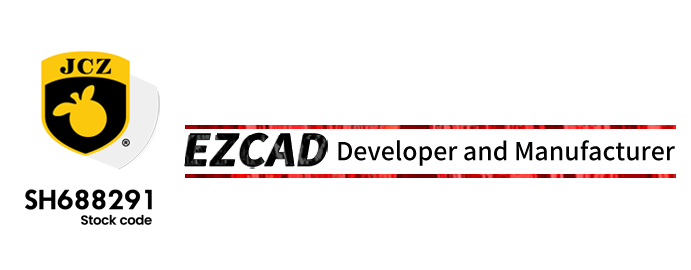The Power of Laser Cleaning Equipment: Does Laser Cleaning Really Work?
Laser cleaning equipment has revolutionized the way metal surfaces are cleaned and prepared for a variety of applications. As technology advances, laser metal cleaning machines are becoming more and more popular due to their efficiency and effectiveness. But the question remains: Does laser cleaning really work?
Understand laser cleaning technology
Laser cleaning equipment uses high-powered lasers to remove contaminants, oxides, and other unwanted materials from metal surfaces. The process involves using a focused laser beam to rapidly heat and evaporate unwanted materials, leaving a clean and pristine surface.
Laser metal cleaning machines work by emitting short pulses of high-energy laser light to the surface, causing contaminants to absorb the energy and be expelled from the material. This non-contact, non-abrasive method ensures that the underlying metal is not damaged during the cleaning process.
Advantages of Laser Cleaning
One of the main advantages of laser cleaning equipment is its ability to remove contaminants without the use of harsh chemicals or abrasive materials. This makes it an environmentally friendly and sustainable cleaning solution as it eliminates the need for hazardous chemicals and reduces waste production.
Additionally, laser cleaning is a highly precise and controlled process that selectively removes contaminants without affecting the integrity of the underlying metal. This level of accuracy is particularly beneficial in industries where the quality and integrity of metal surfaces are critical, such as aerospace, automotive and electronics manufacturing.
The effect of laser cleaning
Laser cleaning has been proven to be highly effective at removing a variety of contaminants from metal surfaces, including rust, paint, oil, grease and oxides. The process can be customized for different types of metals and surface finishes, making it a versatile cleaning solution for a variety of applications.
In addition to their cleaning functions, laser cleaning equipment can also be used for surface preparation, such as removing coatings or preparing surfaces for bonding, welding or painting. The precision and control provided by laser cleaning machines make them ideal for subsequent processes to achieve the desired surface cleanliness and roughness.
Frequently Asked Questions
Despite the many benefits of laser cleaning, there are some common concerns and misconceptions about its effectiveness. One concern is the damage that high-energy laser beams can cause to metal surfaces.
However, modern laser cleaning machines are equipped with advanced control systems that can precisely adjust laser parameters to ensure that the cleaning process proceeds without causing any damage to the underlying material. Additionally, the non-abrasive nature of laser cleaning minimizes the risk of surface degradation, making it a safe and reliable cleaning method.
Another issue is the perceived cost of implementing laser cleaning equipment. While the initial investment in a laser cleaning machine may be higher compared to traditional cleaning methods, the long-term benefits of reduced maintenance costs, increased efficiency and environmental sustainability make it a cost-effective solution in the long run. solution.
Practical Application
The effectiveness of laser cleaning technology is evident in its wide range of practical applications. In the automotive industry, laser cleaning is used to remove rust and paint from metal parts, prepare surfaces for welding, and repair vintage car parts without causing damage to the original material.
In the aerospace sector, laser cleaning equipment is used in the maintenance and refurbishment of aircraft components, where precision and cleanliness are critical to ensuring aircraft safety and performance.
In addition, the electronics industry uses laser cleaning to remove oxides and contaminants from precision electronic components to ensure the reliability and service life of electronic equipment.
In summary
In summary, laser cleaning technology has proven to be an efficient and effective method for cleaning and preparing metal surfaces. The precision, control and environmental benefits provided by laser cleaning equipment make it an excellent alternative to traditional cleaning methods.
With its ability to remove contaminants without damaging the underlying material, laser cleaning has become an indispensable tool across industries, helping to improve quality, sustainability and cost-effectiveness.
So, does laser cleaning really work? The resounding answer is yes, and its widespread adoption across industries is a testament to its effectiveness and reliability as a cleaning solution.
由用户整理投稿发布,不代表本站观点及意愿,仅供交流学习之用,如涉及版权等问题,请随时联系我们(yangmei@bjjcz.com),我们将在第一时间给予处理。
Post time: Jun-11-2024








